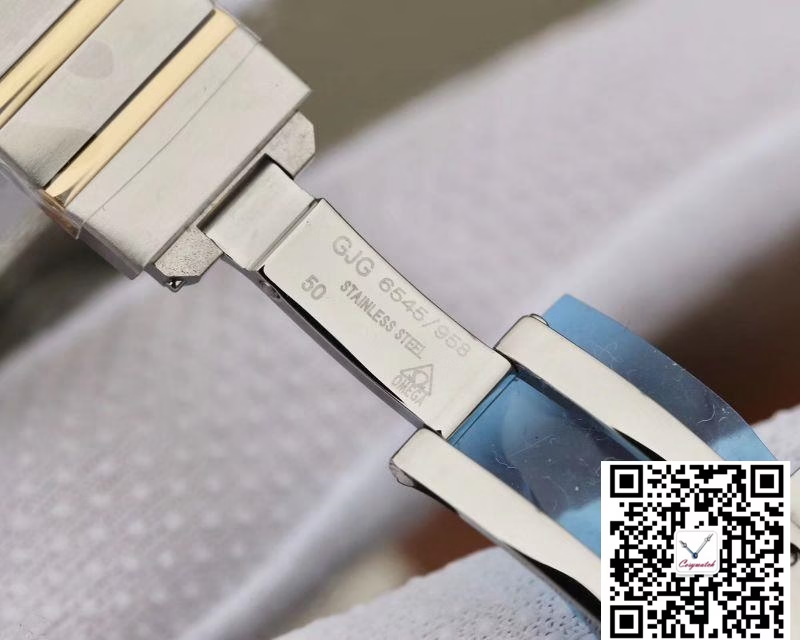Sparkling Operations: The Rise of the Clean Factory

In the modern age of manufacturing, a new trend is on the Rise – the era of the clean factory. Gone are the days of dirty, chaotic industrial spaces; instead, companies are embracing Sparkling Operations that prioritize cleanliness and efficiency. This article will explore the reasons behind this shift and the ways in which clean factories are revolutionizing the manufacturing industry.
Innovative Technologies for sustainability
Imagine a factory where the air is clean, the water is pure, and waste is virtually nonexistent. This vision is no longer a distant dream but a reality thanks to innovative technologies that are revolutionizing sustainability in manufacturing. From advanced filtration systems to energy-efficient machinery, clean factories are setting a new standard for eco-friendly production.
One groundbreaking Technology leading the charge is the use of solar panels to power operations. By harnessing the sun’s energy, factories can significantly reduce their carbon footprint and reliance on fossil fuels. In addition, smart sensors are being implemented to monitor energy consumption in real-time, allowing for adjustments to be made to optimize efficiency. With these and other cutting-edge solutions, the era of the clean factory is on the horizon.
Efficient Waste Management Strategies
Clean factories are becoming the new standard in , leading the way in sustainable operations. By implementing innovative solutions, these factories are able to minimize waste generation and maximize resource utilization.
Some key strategies that clean factories are adopting include:
- Investing in state-of-the-art recycling technologies
- Implementing zero-waste policies
- Engaging employees in waste reduction initiatives
| Strategy | Impact |
|---|---|
| Recycling technologies | Reduce waste sent to landfill |
| Zero-waste policies | Minimize environmental impact |
| Employee engagement | Promote a culture of sustainability |
Enhancing Employee Training for Sustainability
At Sparkling Operations, we are dedicated to implementing sustainable practices throughout our entire manufacturing process. One key aspect of this commitment is ensuring that our employees receive top-notch training on sustainability initiatives. By enhancing employee training programs, we can empower our team members to make environmentally conscious decisions that will contribute to the overall success of our clean factory.
Through interactive workshops, hands-on demonstrations, and virtual simulations, our employees will learn the importance of reducing waste, conserving resources, and minimizing our carbon footprint. With a focus on continuous improvement, our training modules will cover topics such as energy efficiency, water conservation, and waste management. By equipping our team with the knowledge and skills needed to embrace sustainability, we are paving the way for a brighter, cleaner future for Sparkling Operations.
Implementing Green Supply Chain Practices
In today’s ever-evolving business landscape, the importance of cannot be overstated. As consumers become more environmentally conscious, companies are feeling the pressure to adopt sustainable strategies throughout their operations. One area that has seen a significant rise in interest is the concept of clean factories, where eco-friendly practices are at the forefront of production.
Embracing green supply chain practices not only benefits the planet but also brings numerous advantages to businesses. By reducing waste, optimizing energy consumption, and sourcing eco-friendly materials, companies can lower costs, improve their reputation, and ultimately gain a competitive edge in the market. The shift towards clean factories is not just a trend but a necessary step towards creating a more sustainable future for generations to come.
Q&A
Q: What is a clean factory and why is it gaining popularity in the manufacturing industry?
A: A clean factory is a manufacturing facility that prioritizes cleanliness, organization, and efficiency in its operations. It is gaining popularity because it leads to improved productivity, higher quality products, and a safer working environment for employees.
Q: How does a clean factory differ from a traditional manufacturing facility?
A: A clean factory differs from a traditional facility in that it places a strong emphasis on maintaining a spotless and organized workspace, implementing strict cleaning protocols, and utilizing advanced technology to streamline operations.
Q: What are some key benefits of transitioning to a clean factory model?
A: Some key benefits of transitioning to a clean factory model include reduced waste, improved product quality, increased employee morale, enhanced sustainability practices, and overall cost savings in the long run.
Q: How can companies implement the principles of a clean factory in their own operations?
A: Companies can implement the principles of a clean factory by establishing clear cleaning protocols, investing in high-quality cleaning equipment, training employees on proper hygiene practices, and continuously monitoring and improving cleanliness standards.
Q: What role does technology play in the transformation towards clean factory operations?
A: Technology plays a crucial role in the transformation towards clean factory operations by automating tasks, collecting real-time data on cleanliness and efficiency metrics, and enabling predictive maintenance to prevent breakdowns and disruptions in production.
Concluding Remarks
As technologies continue to advance and environmental concerns grow, the shift towards clean and sustainable practices in factory operations is becoming increasingly vital. Sparkling Operations are paving the way for a new era of manufacturing, where efficiency and eco-friendliness go hand in hand. By embracing these innovative approaches, factories can not only reduce their Environmental Impact but also improve their overall productivity and profitability. The future of manufacturing truly lies in the hands of those who are willing to adapt and innovate, and with Sparkling Operations leading the way, the possibilities are endless. Let’s clean up our act and pave the way for a brighter, more sustainable future for all.


















